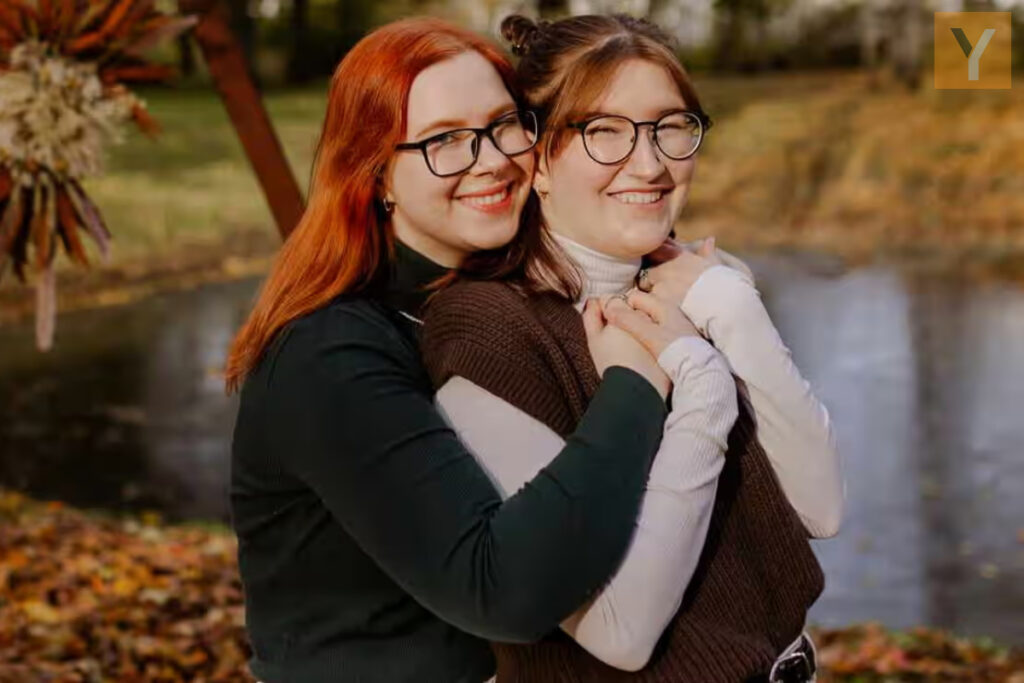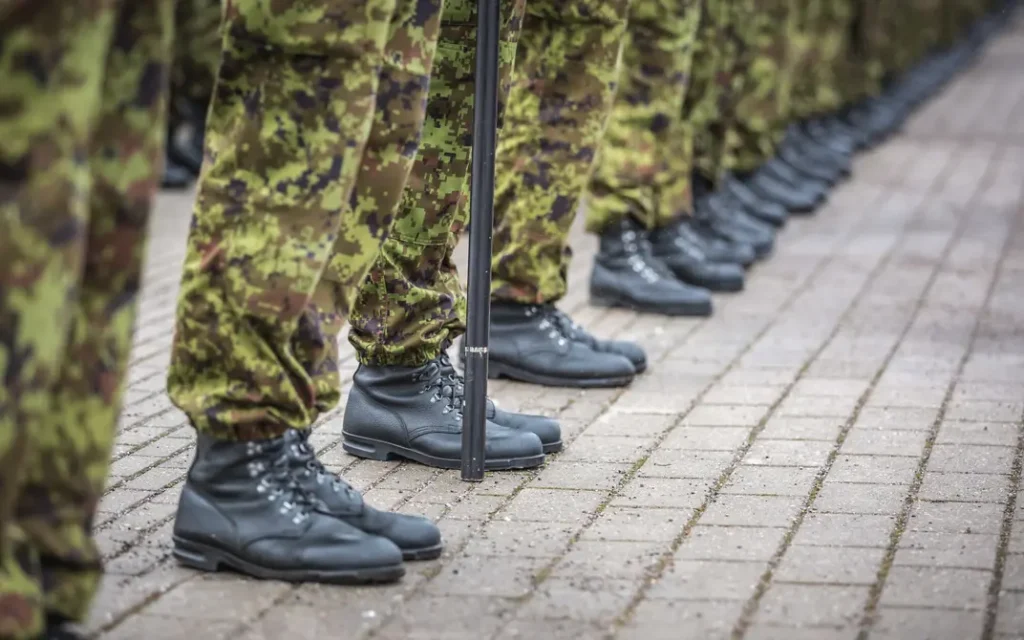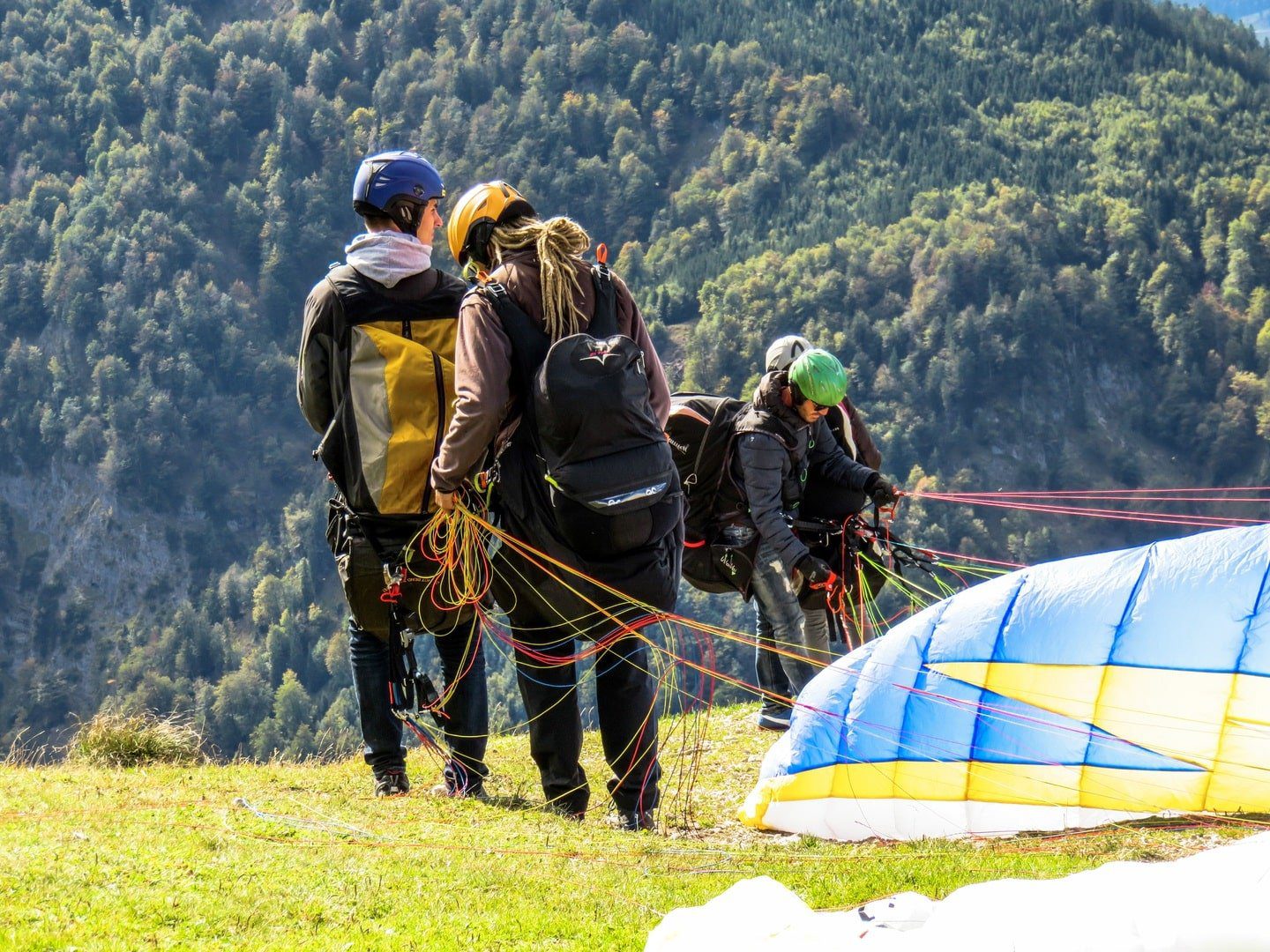
Estonia marked a significant turning point on January 1, 2024, becoming the first former Soviet country to legalize gay marriage. In June of the preceding year, the Riigikogu, Estonia’s parliament, voted to amend the Family Act to include provisions for same-sex marriage. With 55 votes in favour and 34 against in the 101-seat parliament, the parliamentary decision laid the foundation for Estonia’s departure from its Soviet-era stance on LGBTQ+ rights.
Prime Minister Kaja Kallas
Prime Minister Kaja Kallas, elected in February, was pivotal in steering the nation towards this progressive stance. Her leadership departed from the traditional conservatism often associated with former Soviet states. Kallas’ coalition government has been hailed as Estonia’s most advanced, aligning the country more closely with its Nordic neighbours.
The new law took effect on January 1, allowing same-sex couples to register online marriage applications. The first batch of applications is slated for processing and certification by February 2. While the online process is streamlined, the typical application processing time is expected to range from one to six months.
Estonia’s largely secular outlook has contributed to a notable shift in public opinion over the past decade. According to a recent poll by the Estonian Human Rights Centre, 53% of the population now supports same-sex marriage, a substantial increase from the 34% reported ten years ago. This changing perspective has been evident in the increased corporate sponsorship for events like the Baltic Pride, showcasing growing acceptance.
It's official: #Estonia has legalised marriage equality. We join other Nordic nations with this historic decision.
I'm proud of my country. We're building a society where everyone’s rights are respected and people can love freely.
The decision will enter into force from 2024. pic.twitter.com/tQJdO70eEo
— Kaja Kallas (@kajakallas) June 20, 2023Challenges and Opposition
Despite these strides, challenges persist. Homosexuality was decriminalized in Estonia in 1991, but incidents of discrimination and violence against the LGBTQ+ community continue.
[adinserter name="Four"]A recent attack on a gay pastor during Pride celebrations highlights the ongoing struggle for acceptance. Opposition to gay marriage remains pronounced among Estonia’s Russian-speaking population, constituting about 25% of the country.
[adinserter name="One"]Comparatively, neighbouring Baltic nations present a varied landscape for same-sex couples. Latvia’s parliament passed a bill in November for civil partnerships.
[adinserter name="Five"]Still, the country’s first openly gay president, Edgars Rinkēvičs, has frozen the account pending a potential national referendum. Lithuania, on the other hand, has yet to legalize either civil unions or marriage for same-sex couples.
LGBTQ+ Inclusion in the Defense Forces
Estonia allows LGBTQ+ individuals to serve in the Defense Forces. However, there are nuances related to mental and behavioural disorders connected to homosexuality. Openly gay individuals may undergo additional consultations, with the final decision resting with medical professionals.
[adinserter name="Three"]While Estonia is a nation where LGBTQ+ individuals can serve, the process involves considerations unique to the country’s small size and critical national defence needs.

Conclusion
Estonia’s legalization of same-sex marriage signifies a monumental step towards societal progress and inclusivity. The political and social dynamics surrounding this historic move reflect changing attitudes within Estonia and highlight the evolving landscape of LGBTQ+ rights in the broader Baltic region. The journey towards equality, however, is ongoing, marked by both triumphs and persistent challenges.
[adinserter name="Two"]Frequently Asked Questions (FAQs)
-
When did Estonia legalize gay marriage, and what led to this historic decision?
Estonia legalized gay marriage on January 1, 2024. The milestone decision was the result of a parliamentary vote in June of the previous year, with the Riigikogu amending the Family Act to include provisions for same-sex marriage. Prime Minister Kaja Kallas’s leadership and the progressive coalition government played a crucial role in this historic move.
-
What is the registration process for same-sex marriages in Estonia, and when will the first applications be processed?
Same-sex couples in Estonia can register their marriage applications online, with the process initiated on New Year’s Day. The first batch of applications is set to be processed and certified by February 2nd. Although the online registration is streamlined, the typical processing time for applications is expected to range from one to six months.
-
How has public opinion in Estonia evolved regarding same-sex marriage, and what challenges persist despite this progressive step?
Over the past decade, Estonia has witnessed a notable shift in public opinion, with 53% of the population now supporting same-sex marriage, as per a recent poll by the Estonian Human Rights Centre. However, challenges persist, including incidents of discrimination and violence against the LGBTQ+ community. Opposition to gay marriage is particularly evident among Estonia’s Russian-speaking population.
-
How does Estonia’s approach to LGBTQ+ inclusion in the Defense Forces differ from other countries, and what considerations are unique to Estonia?
Estonia allows LGBTQ+ individuals to serve in the Defense Forces, but there are nuances related to mental and behavioral disorders connected to homosexuality. Openly gay individuals may undergo additional consultations, with the final decision resting with medical professionals. The unique aspect in Estonia’s case is its small size and critical national defense needs, which influence the approach to LGBTQ+ inclusion in the military.






